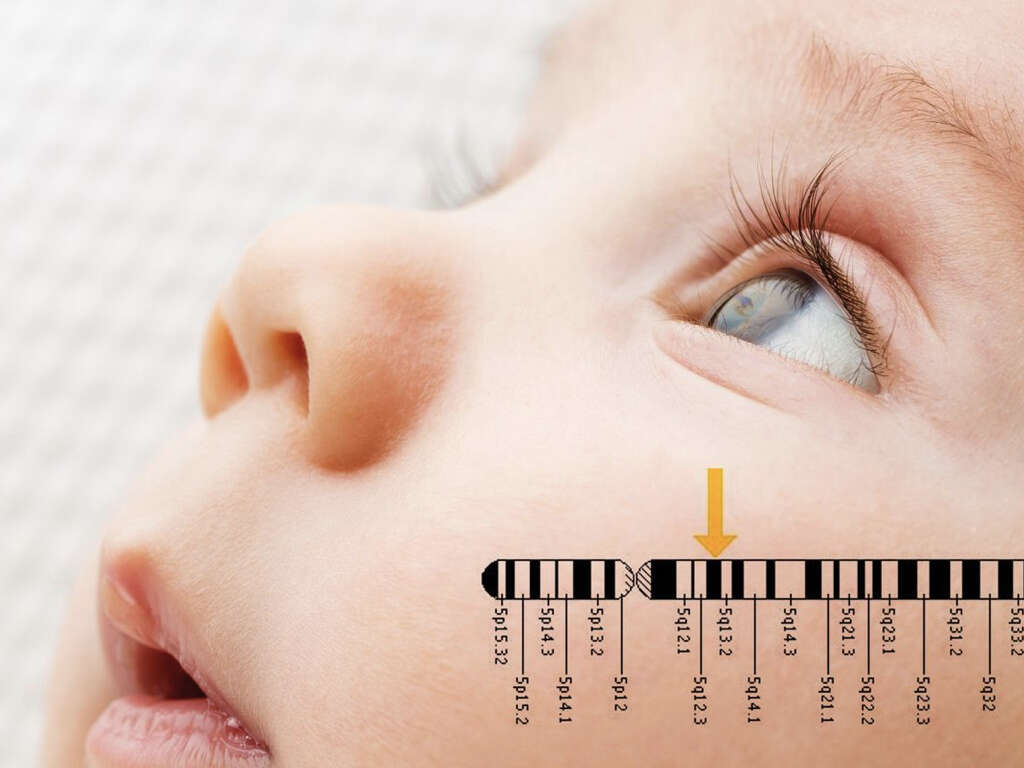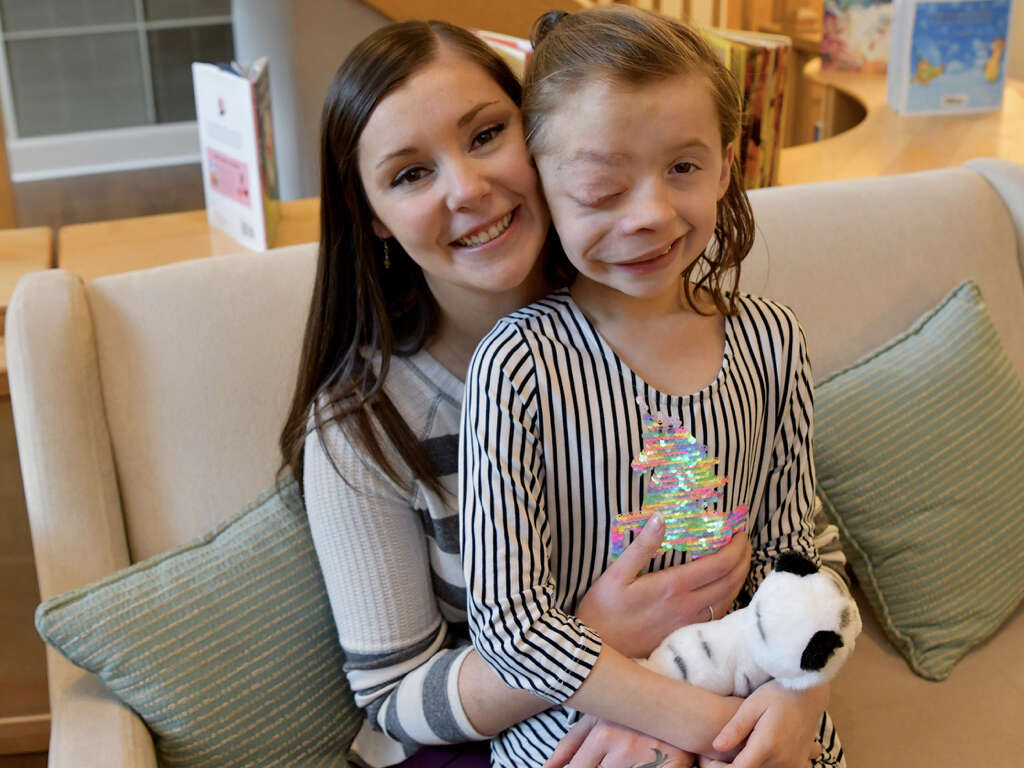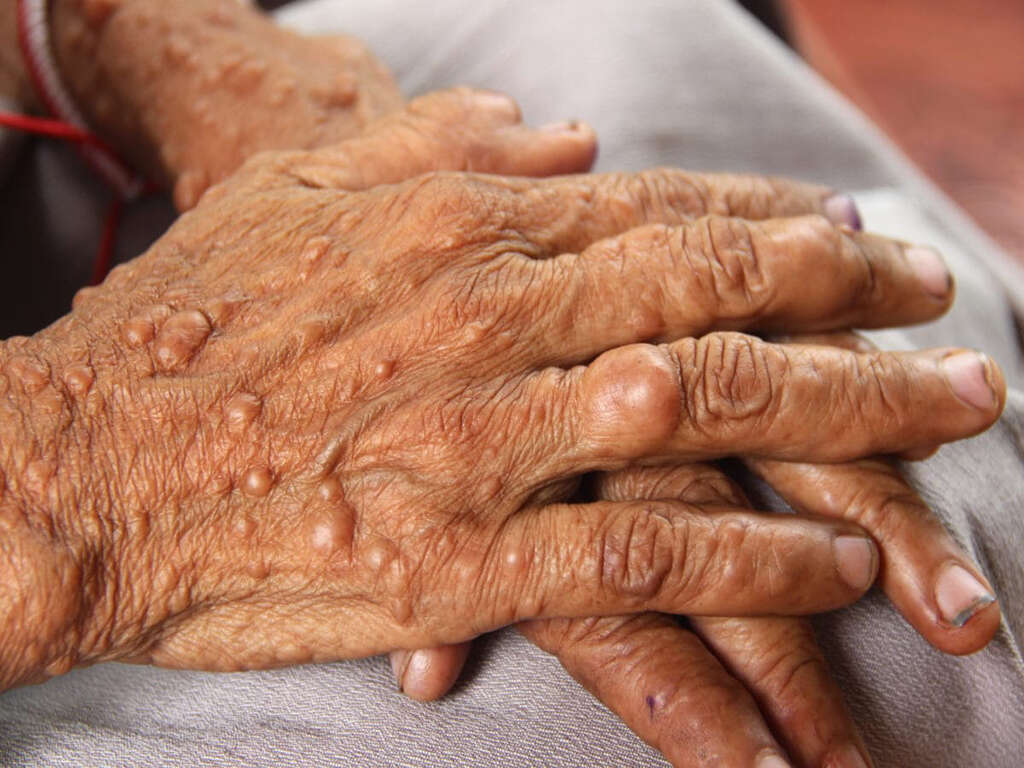10 Neurofibromatosis Symptoms
Neurofibromatosis is a genetic disorder that causes tumors to grow in the brain, spinal cord or on the nerves. The three types of neurofibromatosis include type 1 or NF1, type 2 or NF2 and schwannomatosis or SWN.
Most tumors are benign but some might develop into cancer. Neurofibromatosis symptoms vary by type and can change as the patient ages. Signs of neurofibromatosis can appear at any age. Individuals with NF1 may have a normal life expectancy despite the diagnosis. However, that's not the case for all types. The most severe body responses occur with schwannomatosis and it can severely impact people's quality of life.1Neurofibromatosis Fact Sheet. National Institute of Neurological Disorders and Stroke, U.S. Department of Health and Human Services, www.ninds.nih.gov/Disorders/Patient-Caregiver-Education/Fact-Sheets/Neurofibromatosis-Fact-Sheet
Multiple Birthmarks
NF1 is the most typical neurofibromatosis and the most common features are multiple birthmarks that are over 5mm in diameter in children. For adults and adolescents, the birthmarks are over 15mm. Six or more suggest neurofibromatosis.
These are also referred to as cafe-au-lait spots for the light brown color. Most people see these as natural birthmarks. The marks aren't limited to neurofibromatosis. They also occur in other genetic conditions such as Legius syndrome. Additionally, not all flat, light brown birthmarks are a sign of the genetic disorder. Testing is necessary for an exact diagnosis.
Pea-Sized Bumps
Another neurofibromatosis symptom includes two or more pea-sized bumps on the skin that are soft. These can form in the womb or might not appear for years, such as late childhood or early adulthood.
These are cutaneous neurofibromas or tumors that form from nerve cells. The nerves they involve are not located in the brain or spinal cord. Also, patients may notice freckling in the armpit or groin that forms between the ages of three and five.

Tumors on the Optic Pathway
With NF1, individuals with the genetic disorder may have tumors develop on the optic pathway called optic gliomas. They can start as early as age six. Many patients experience tumors before late childhood. Additionally, it's rare in adults.
These may not present with symptoms or affect vision. However, some children will experience problems with sight and further treatment may be necessary to correct the problem. A similar neurofibromatosis symptom involves growths on the iris, but these won't affect vision.
Bone Deformities and Short Stature
Physical signs of neurofibromatosis include bone deformities, such as scoliosis or bowed legs, which can interfere with their quality of life. Additionally, some children develop a large head that appears out of proportion to their bodies.
Also, people with neurofibromatosis might have a shorter stature than average. These signs, along with tumor development and skin growths, indicate a person may have neurofibromatosis. However, because they're signs of multiple conditions, testing is needed for the diagnosis.
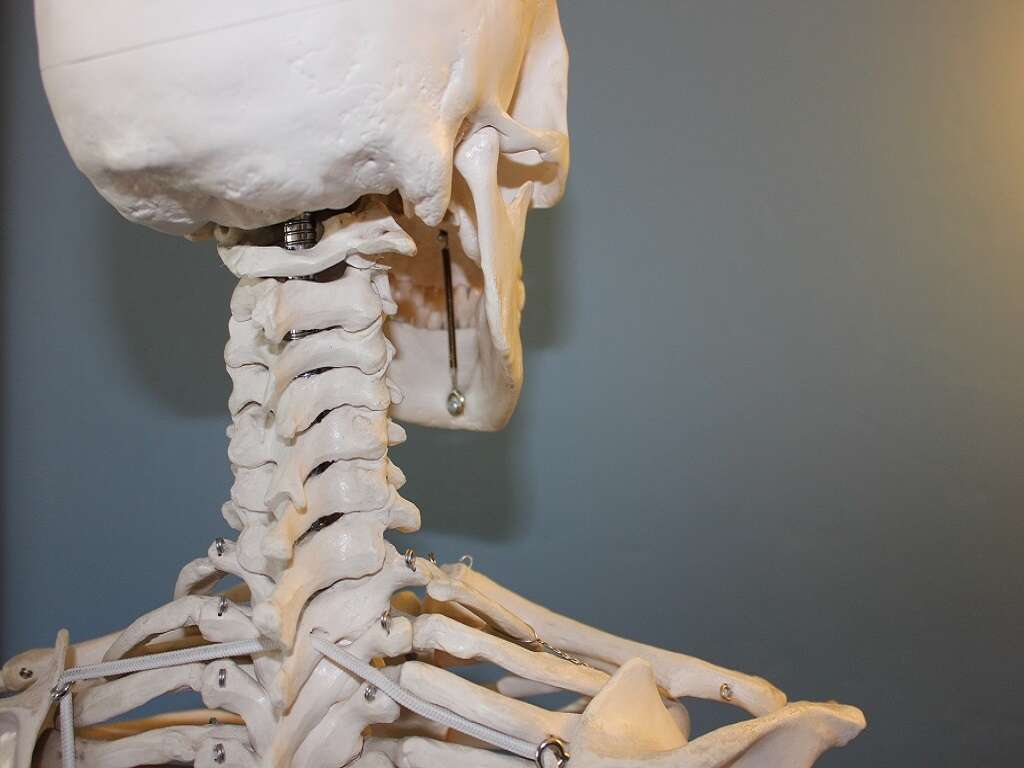
Cardiovascular Issues
People with this condition might develop cardiovascular complications. These can occur in all types. Potential problems include congenital heart defects, hypertension and issues with their blood vessels, such as constriction, damage or blocks.
Individuals diagnosed with neurofibromatosis should undergo regular medical screenings, including testing for cardiovascular disease to reduce complications. Early management of symptoms may also improve patients' quality of life when living with a genetic condition. Additionally, healthy living might reduce associated heart issues.
Behavioral Conditions
Some children and adults with all types of neurofibromatosis may experience behavioral problems. These issues can include social skill deficiencies and attention deficit hyperactivity disorder, or ADHD.
Behavioral problems may coincide with poor visuospatial skills that can reduce academic achievements, specifically in math and reading. Early intervention for behavioral and learning may reduce both symptoms. However, genetic testing and other screenings are necessary to ensure no other disorders are present.
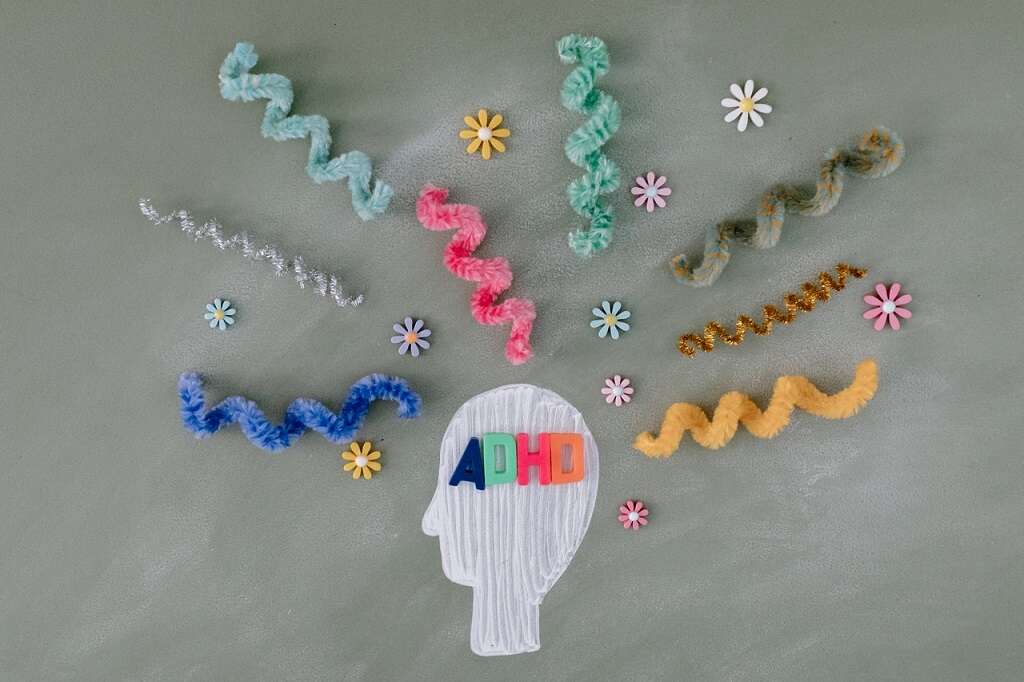
Neurological Problems
Since neurofibromatosis affects the nervous system, neurological problems develop. The most typical signs include headaches, migraines and nerve pain, which occur more often in people with NF1. Additionally, some patients develop seizures which can be dangerous and cause long-term complications.
The National Institute of Neurological Disorders and Strokes is studying the condition to develop management strategies for individuals with NF1, NF2 and SWN. In addition, more research is needed to find the connection between the different conditions associated with neurofibromatosis.
Slow-Growing Tumors
The symptoms patients with NF2 experience sometimes develop from slow-growing tumors. These growths are typically benign and affect the cranial, spinal and peripheral nerves. Also, they can cover the brain and spinal cord.
The tumors are masses of Schwann cells and develop on the eighth cranial nerve. Patients may experience hearing problems and problems with their balance from these tumors. Additionally, these slow-growing tumors might cause visual conditions, such as cataracts or reduced vision.
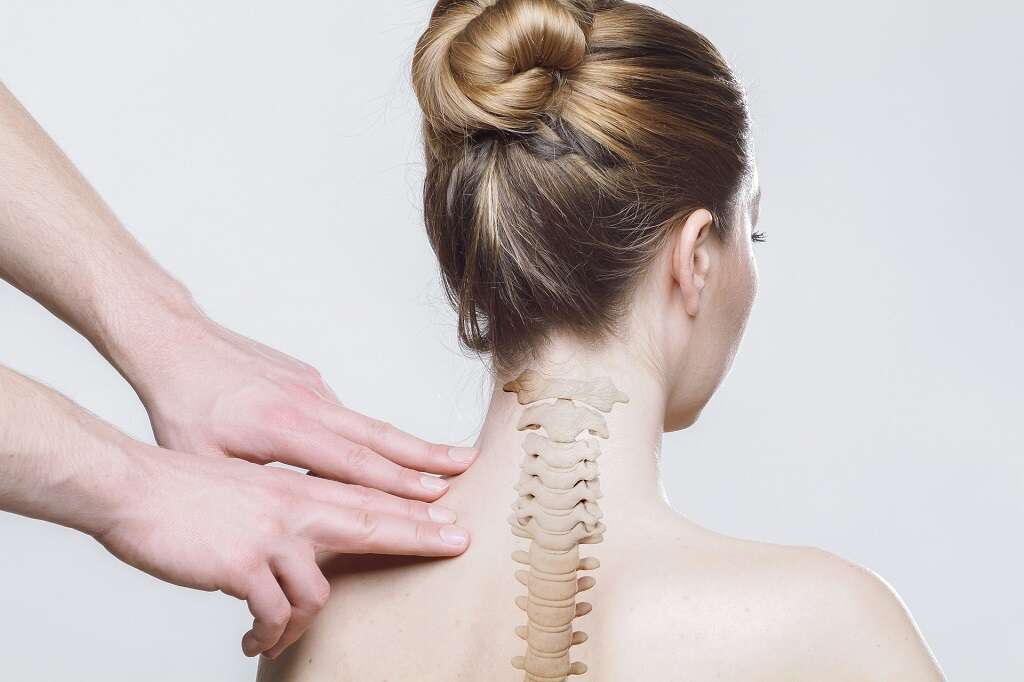
Chronic Pain
Schwannomatosis is the most severe form of neurofibromatosis. It doesn't share symptoms with NF1, but patients can experience some overlapping signs with NF2. Individuals with Schwannomatosis develop tumors in one area of the body, such as a segment of the spine or a single arm or leg.
These abnormal growths may cause widespread, chronic pain. Additionally, doctors might not be able to connect the pain to a specific tumor to manage the severe discomfort.
Numbness and Tingling
Another neurofibromatosis symptom of schwannomatosis is tingling, numbness and weakness in the fingers and toes. Additionally, patients might develop a loss of muscle function in these areas.
Schwannomatosis has no known treatment. Some physicians may suggest managing the condition by removing tumors. However, these procedures might cause nerve damage, which would reduce the surgery's effectiveness. Additional research is needed to find a safe way to manage the disorder to improve the person's quality of life.





